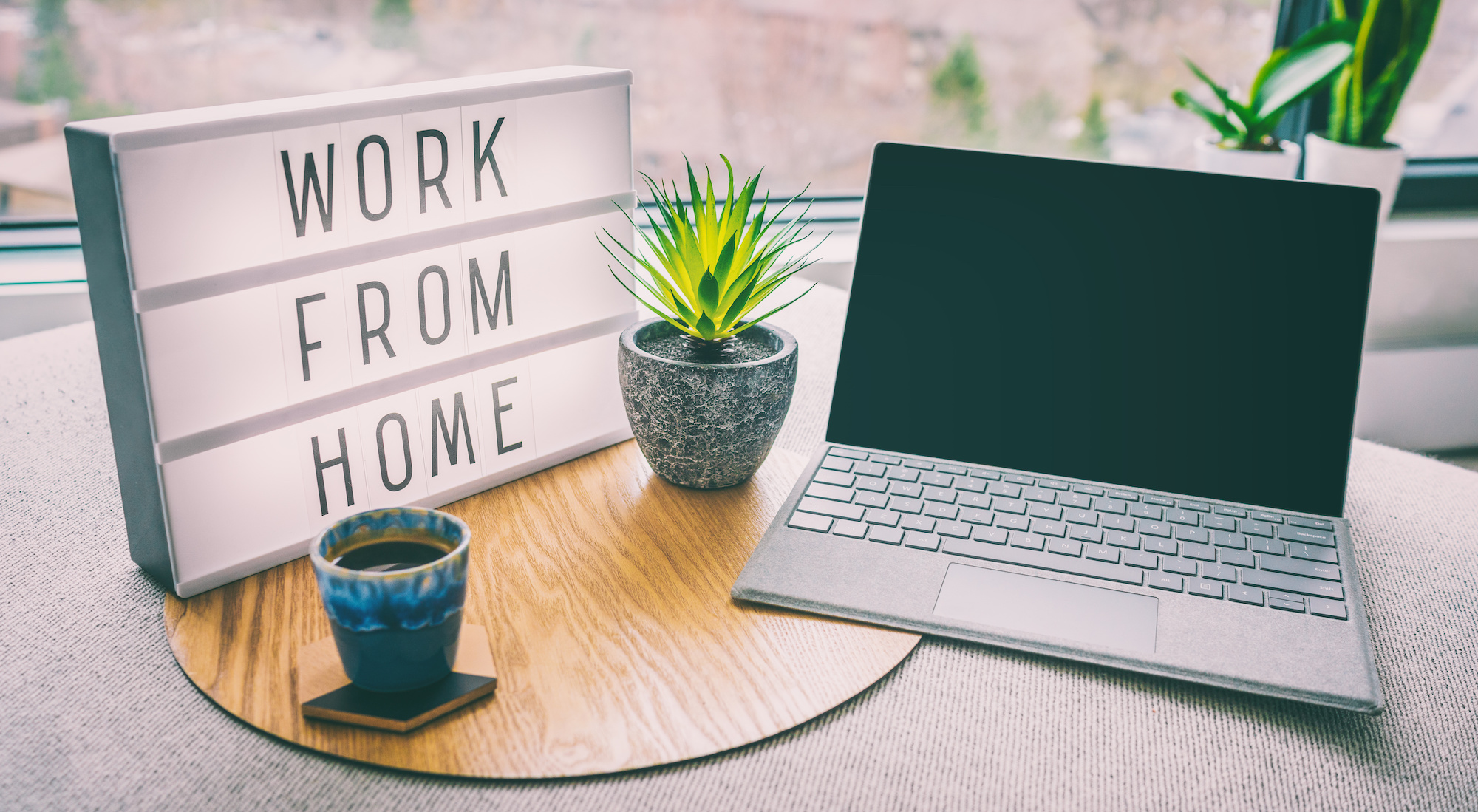A healthy work-life balance will actually change your life
Work life balance is the state of equilibrium between how you manage your career and personal life. It does not mean that your time is divided equally between the two, nor does this balance look the same for every single person. To determine your own balance, you have to assess what is important to you and in what areas of your life you’d like to grow.
Most importantly, make sure that your physical, mental, and emotional energy are replenished often. Disregarding your own health and needs can make it more difficult for you to be a good roommate, sibling, child, parent, partner, friend, and employee.
Your career and personal life are equally important. Work can contribute to your financial security, critical thinking and communication skills, and self-confidence, while attention to your personal growth can boost creativity, physical and mental health, and relationships with family and friends. It’s important to nurture both your work and your personal life in this equation.
Here are six tips to help you achieve a good work life balance.

Table of contents
1. Set your priorities2. Enforce boundaries3. Ask for help4. Invest in yourself and your relationships5. Optimize your workspace6. UnplugFinal thoughts1. Set your priorities
At the start of each day and week, make a list of items that need your attention, both at home and at work. If needed, rank them by level of importance, make a realistic schedule, and plan to complete the important items when you are most productive. For you, that may be the first thing in the morning or in the evening before bed.
If your loved ones are a priority, don’t skip out on dinner around the kitchen table. If creativity is important to you, pick up a paintbrush in your downtime. If you are particularly burned out one day, prioritize rest, even if that means rescheduling dinner with a friend. Your physical and mental health should always be your top priority, with physical exercise, mindfulness, and healthy eating taking place every day.
2. Enforce boundaries
How you handle your own time will teach others how to value your time as well. If you routinely work late, others may assume that your personal life is not a priority for you.
Time management and flexible work habits are important—if you have a hard deadline, work efficiently. If you have a little wiggle room in your schedule and there’s a project at work that needs your immediate attention, stay late. Remember that there is always work to be done; it’s okay to say no to certain tasks.
It’s especially important for working parents to enforce boundaries in their workplaces. According to Stanford Children’s Health, eating together helps families manage stress, communicate effectively, and promotes sensible eating habits. By signing off to spend quality time with your kids (or roommates) in the evenings, you can promote a happier, healthier environment.
3. Ask for help
There is no shame in seeking assistance, whether it’s at home or at work. At home, make sure housework is equitably split among those you live with, and consider outsourcing tasks that are too much for you to handle, such as tidying the house or mowing the lawn.
At work, build rapport with your colleagues—doing so will make it easier to ask them questions or ask for them to cover for you in certain situations. If you’re a parent, you can also ask your employer about flexible hours or working from home on occasion.
Sometimes you may need to look even farther for help, in the form of a therapist. Coping with stress does not rest solely on your shoulders. A professional, outsider’s perspective can be beneficial for helping you sort through any personal or work-related issues. By asking for help, delegating, and outsourcing, you free yourself up for a healthier balance of work and personal life.

4. Invest in yourself and your relationships
As important as it is to invest in your career, it’s equally as important to invest in personal time. Investing in yourself gives you the time and energy to work toward your personal goals. Eat breakfast without distractions, feed your creativity, and stay in touch with people who bring you joy.
The Harvard Business Review reports that, since the beginning of 2020, general well-being has decreased 85%, primarily due to a decline in mental health. With remote work becoming increasingly common, it’s more important now than ever to put your free time first.
5. Optimize your workspace
Research shows that 56.8% of teams now work remotely at least part of the time, meaning home workspaces are just as important as office ones. With remote work and emails sent directly to our cell phones, it can be difficult to discern where work ends and personal life begins, creating an overall stressful environment for work and play.
To improve your focus and efficiency, create a work from home space that enables—and even inspires—you to work. Use a support stand for your laptop, invest in an ergonomic chair, turn on music to boost creativity, and light a candle to improve focus.
6. Unplug
Longer hours do not mean higher productivity. It’s important to be present during work hours so that you can physically and mentally unplug when the day comes to a close. Power down your laptop, mute work-related alerts on your smartphone, and take up an after-work activity that’ll remove the temptation of hopping back online. Throughout the day, don’t forget to step away from your computer every hour or so, and take proper lunch breaks.
You should also make use of sick days and vacation time. Staying home when you’re sick keeps your coworkers healthy and enables you to be productive when you do return to work. Some people worry that a vacation will set them back or make it seem like they’re not dedicated, but that’s not the case.
With just a little upfront preparation, you’ll actually be a much greater asset to your boss and your team if you take time away from work. It allows you to refresh and return with increased energy and creativity. Before setting out, notify your colleagues that you will be offline. It’ll give you the opportunity to fully unplug without having to worry that urgent work emails are waiting for a response.
Final thoughts
Achieving work life balance can be a difficult task, especially considering the poor work habits that many Americans embody today. Forcing yourself to work long hours, the stress of being a working parent or remote worker, and hesitance to take time off leads to heightened anxieties that bleed into personal life. However, a healthy work life balance is possible. It just takes a little effort on your end—from setting your priorities and enforcing boundaries to optimizing your workspace and investing in your personal, creative endeavors.
Bungalow housing is made for roommates. We handpick homes that are move-in ready and perfect for shared living, and with roommate vetting and compatibility matching, we help you find people you actually want to live with. Find your Bungalow.
Ready to find your next home?
Move-in ready homes and a built-in community so you can feel at home, together — wherever you are.
Suggested articles



